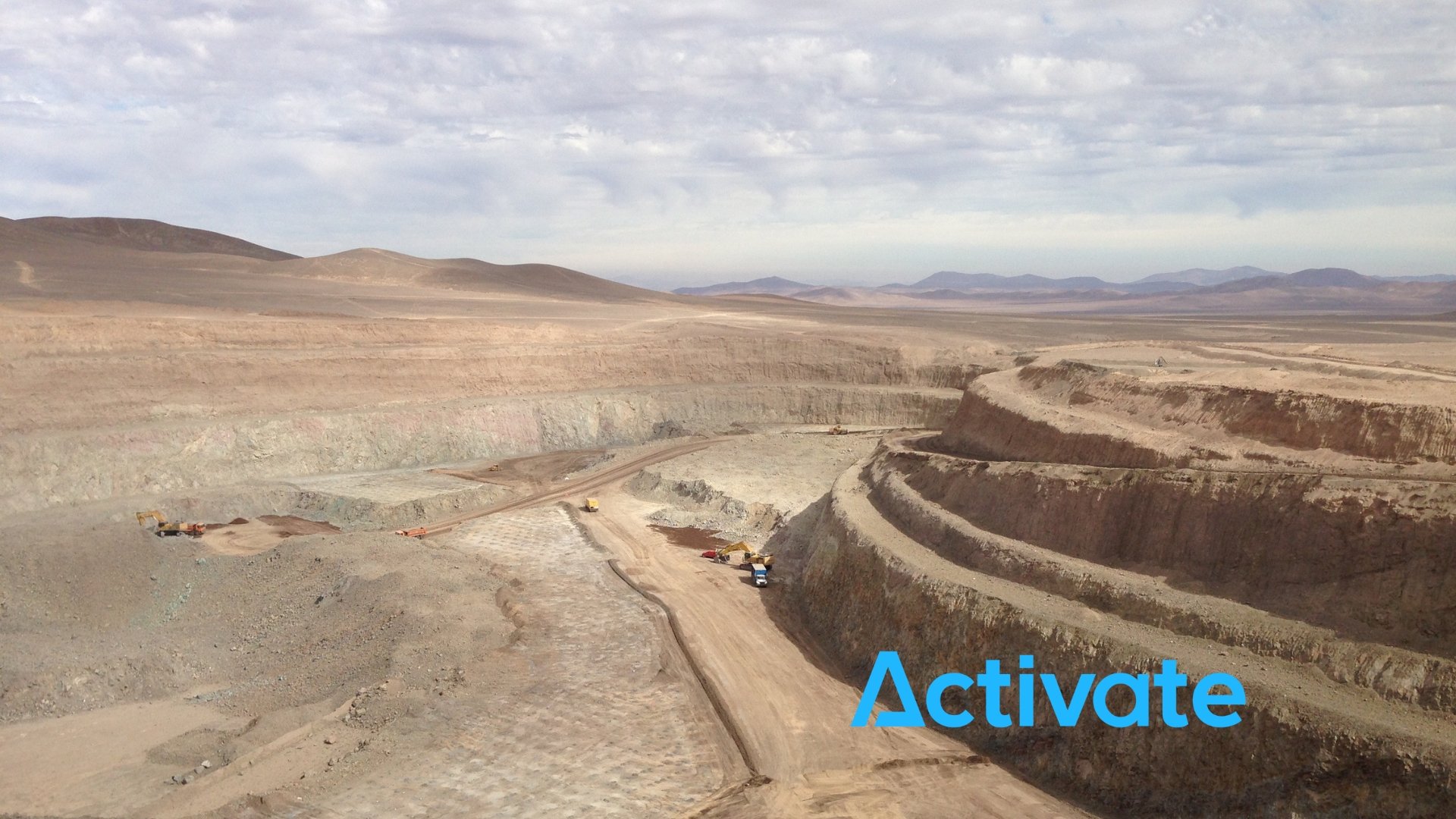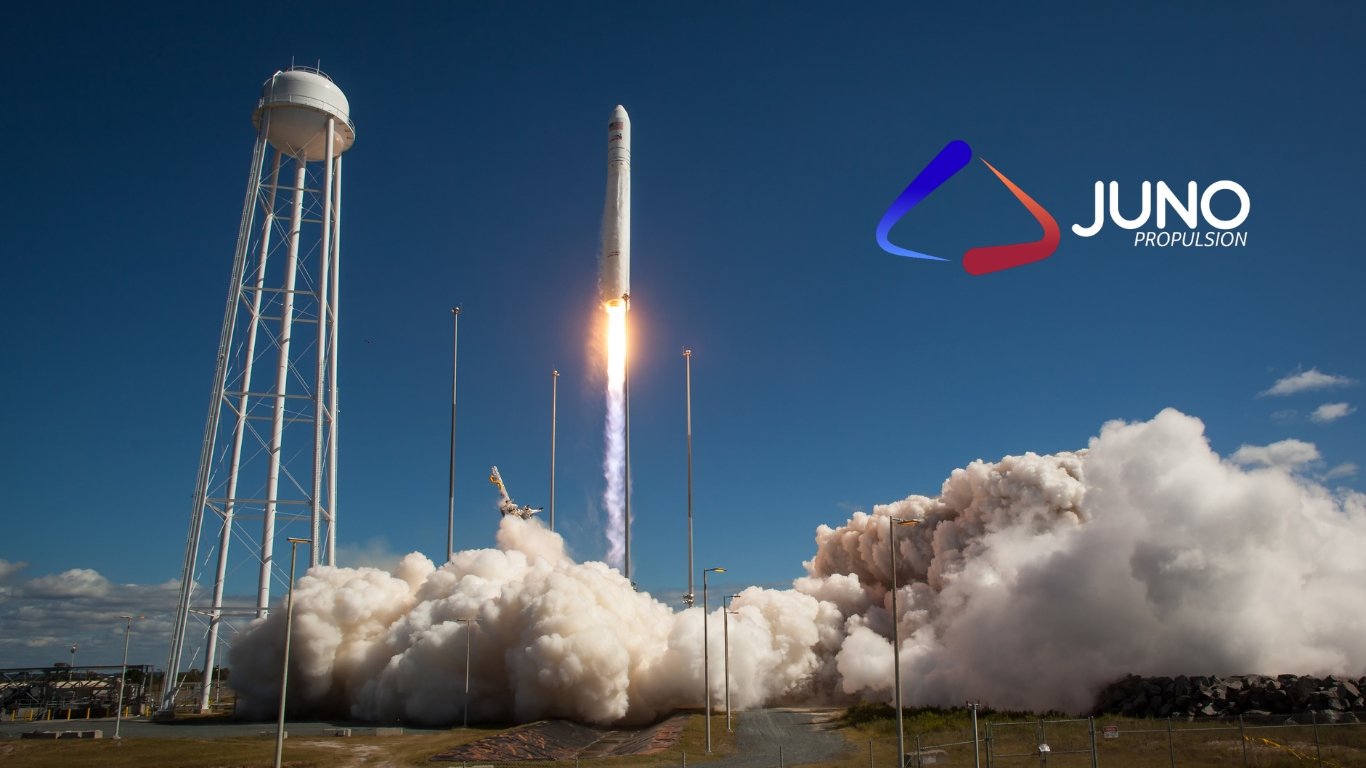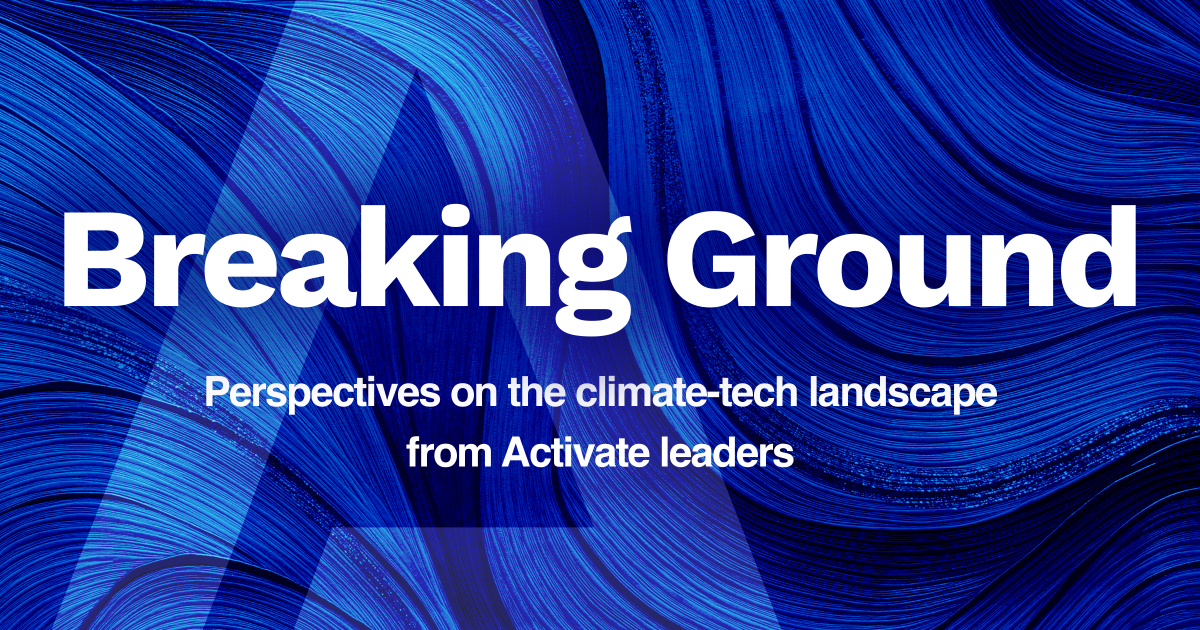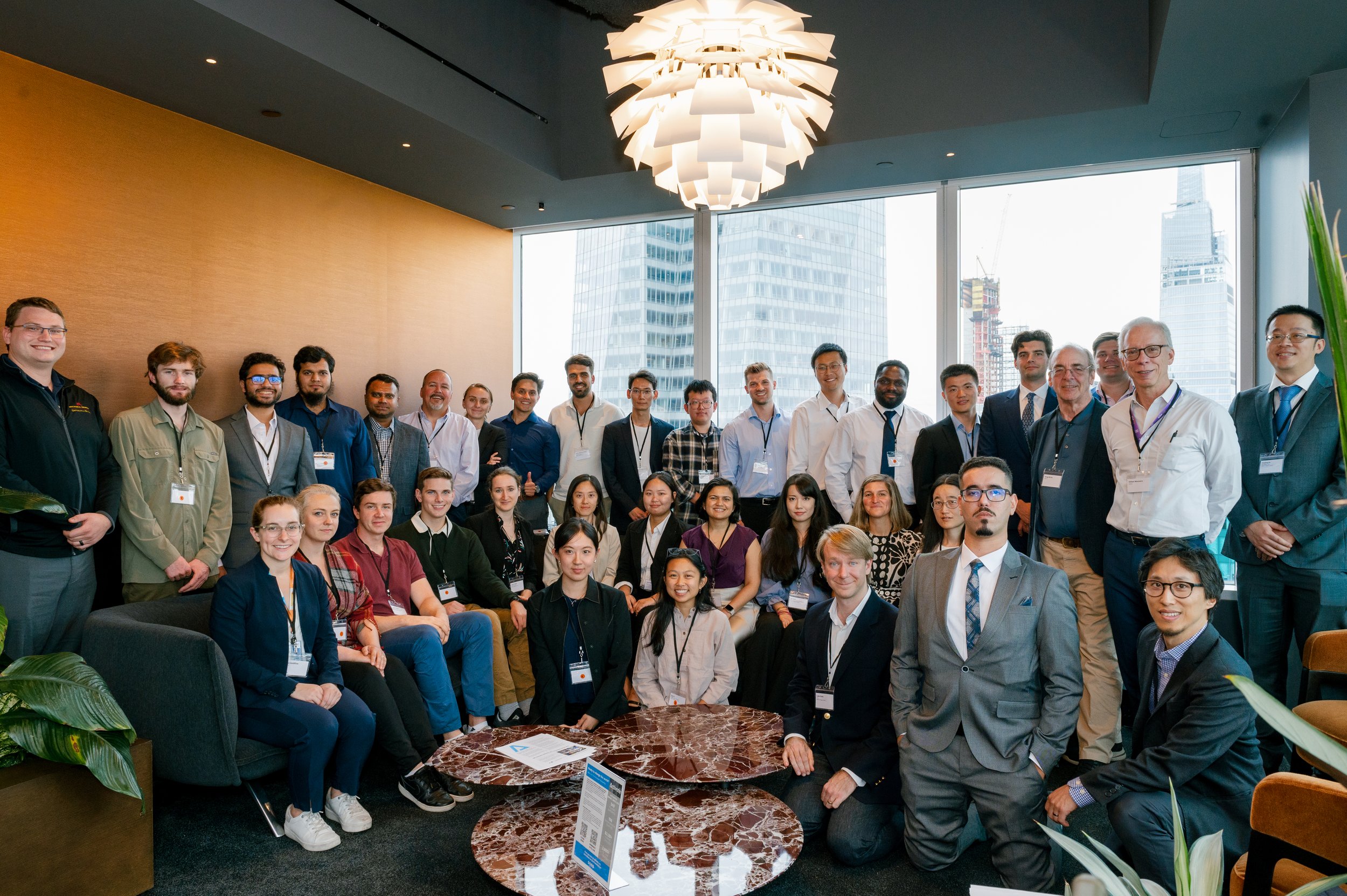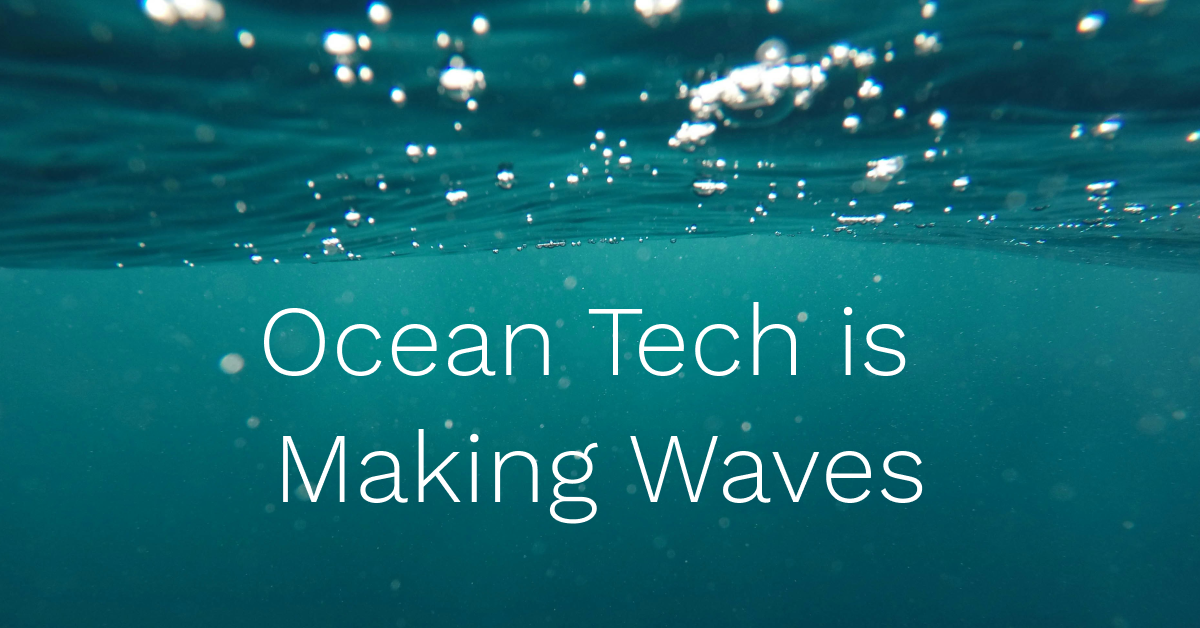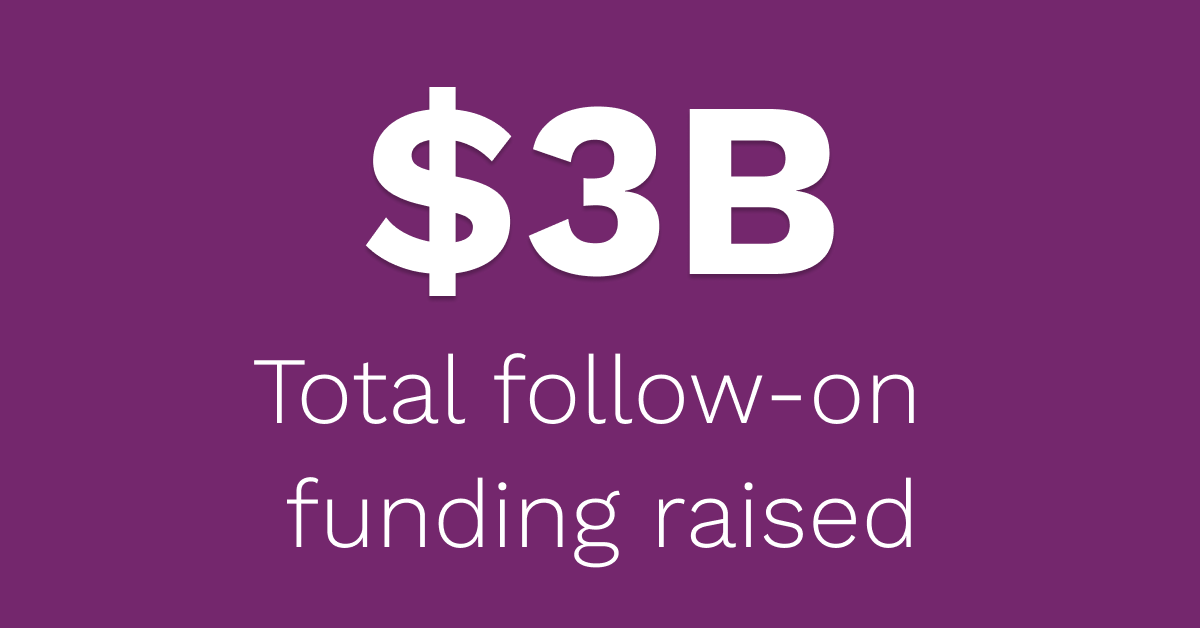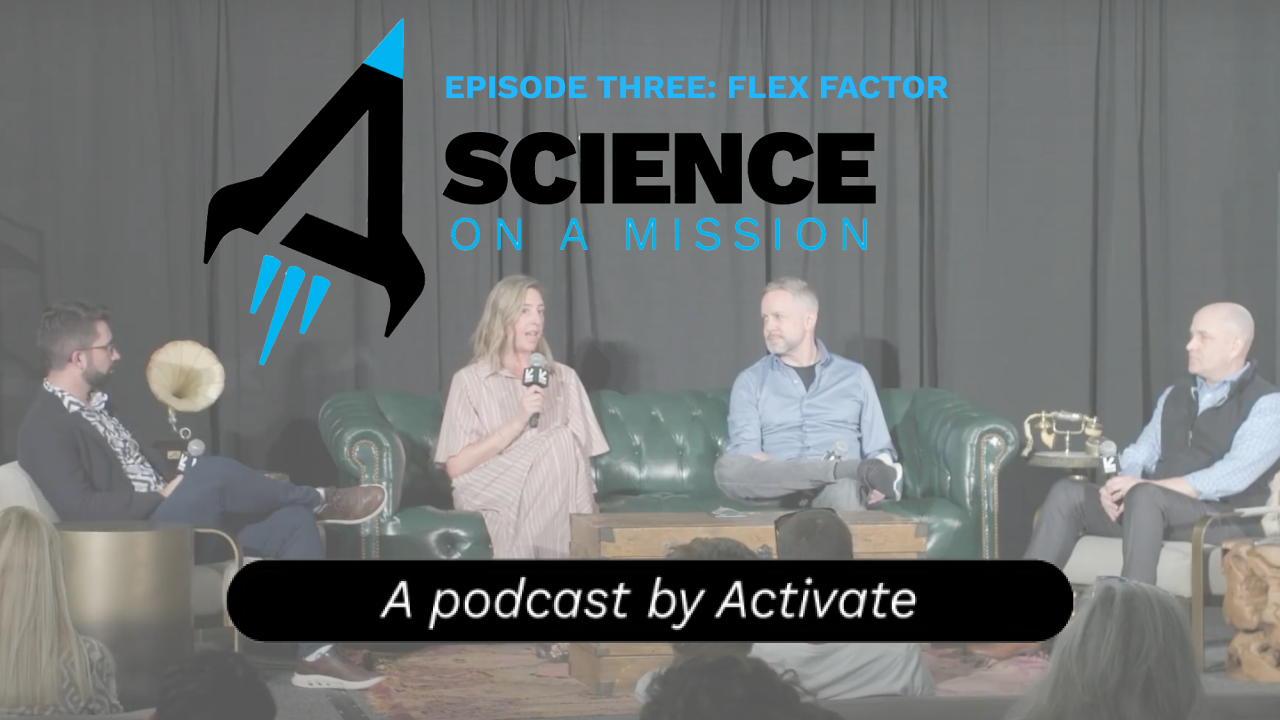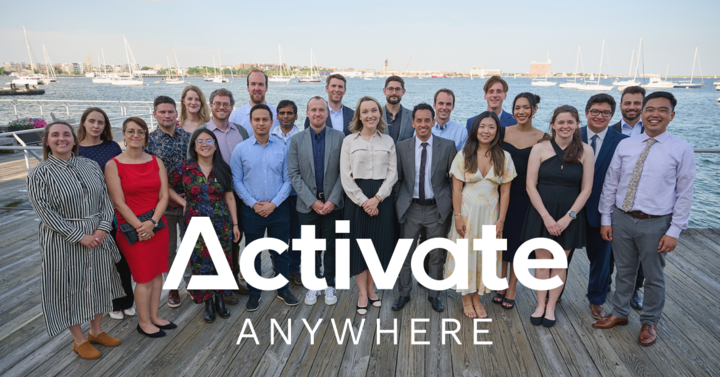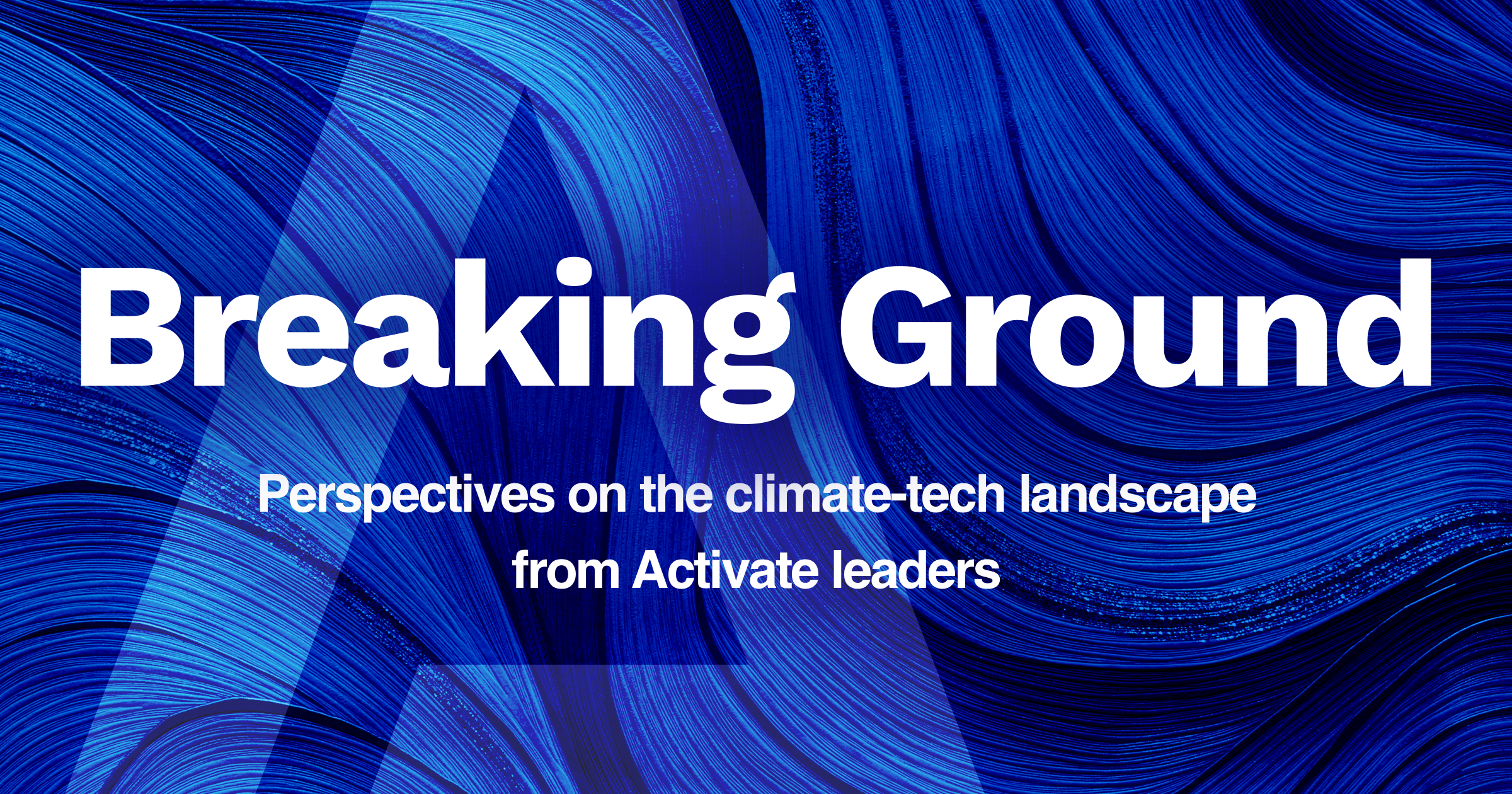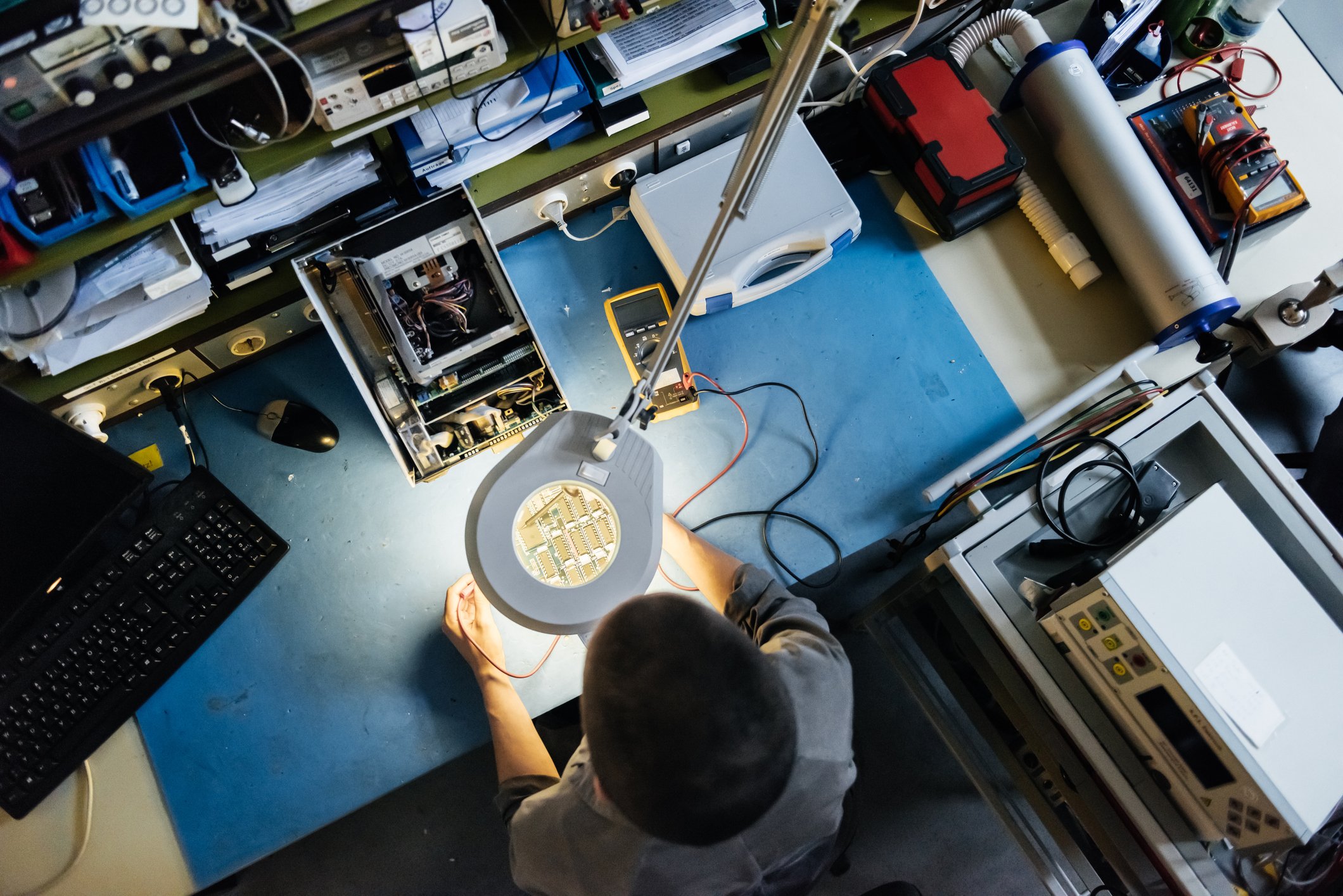
Activate Stories
Keep up with news from Activate by subscribing to our newsletter.
Want more Activate News? View our archives!
Newsletter Archive
Media inquiries: communications@activate.org
Harroun talks about Activate’s role in launching Juno Propulsion by providing her with mentorship and funding. Last fall, she even visited the White House Office of Science and Technology Policy.
Today, Activate is officially kicking off a strategic alliance with The Engine. Our full press release below has more details!
Since its inception in 2022, Activate Anywhere has grown into a vibrant and impactful community.
Activate provided entrepreneurial training to leading geologic hydrogen researchers at New York Climate Week in partnership with ARPA-E.
To make a daring leap you need to feel secure where you are standing, commit wholly to the direction you are going, and trust that you will land on your feet. The Activate Fellowship is designed to address all three of these points.
Ocean technology is gaining momentum as a key area in climate tech. This diverse emerging sector encompasses everything from ocean-based renewable energy, to low-carbon ocean-based protein, to ocean-based transport, to carbon storage in the seabed, and more. It is an expanding area of focus for Activate as well.
Activate Fellows have surpassed $3B in follow-on funding, a milestone that signifies strong validation for science entrepreneurship from government, investors, and industry.
Activate seeks visionary scientists and engineers to build their startups and tackle global challenges with the Activate Fellowship.
In a past life, I worked at a major philanthropic foundation, where I was responsible for allocating nearly $150M of grant funding across a variety of sectors. As a donor, you understand that one single investment isn’t going to change the world, but you do hope the portfolio of investments you make will have a ripple effect. So with this in mind, you try to assess the return on each investment you make as best as you possibly can.
In our third episode of Science on a Mission, we dive into the current state of venture capital in climate tech and discuss trends and expectations for the coming years.
Activate’s 62 new fellows are driving meaningful change toward a sustainable and equitable society
When it comes to mitigating climate change, much of the discussion centers on reducing CO2 emissions or trapping CO2. But methane, a greenhouse gas responsible for about a third of global warming to date, is a lot more efficient than carbon dioxide at trapping heat in the atmosphere in the short term. As atmospheric methane levels reach an all-time high, governments and other organizations are realizing the urgency to address this issue and are looking to take effective remedial action. Curbing methane emissions is widely considered to be one of the fastest ways to slow global warming. The biggest challenge up to this point, however, is that no technology could detect methane emissions clearly and at scale.
Activate Anywhere helps entrepreneurs in the United States turn their ideas into products and find the best way to grow their technology. Most of the experience is virtual, with entrepreneurs participating in Activate programming and education through virtual meetings, supplemented by an in-person component held quarterly. These entrepreneurs gather at a designated location every three months to share successes and challenges, network with fellow entrepreneurs and investors, and tour commercial facilities and companies. As the Activate Anywhere Community enters its third year, a new cohort of ten companies will join this summer.
In the early 2000s, I worked as a mechanical engineer developing solar trackers and concentrators for a startup. Our goal? To build a commercially viable rooftop tracking solar concentrator. We had a team of tremendously smart and talented people who devised some clever and innovative designs. In our eyes, we were poised for success.
The only problem was that all that shine made us go a little blind. We didn’t realize we were about to stumble into some hard lessons—all of which I’m about to share.
The energy transition requires a wide-scale deployment of green technologies to harness, store, and distribute energy—ideally, renewable energy—to electrify entire sectors of the economy and transform the built environment. In this massive effort to move toward a clean-energy future, Jose LaSalle (Cohort 2023) says we need to ask, “Who will benefit? Who will bear the costs? And will it reduce or reinforce inequalities?”
In this live-recorded podcast episode taped at SXSW 2024, Cortney Newell, Senior Director of Development at Activate, moderates a conversation with Olivia Strader of LH Capital/Lyda Hill Philanthropies, Margaret Lee from Prime Coalition, and Pat McGrath from the Schmidt Family Foundation about how philanthropic organizations can uniquely contribute to the advancement of climate tech by leveraging their resources, convening power, and innovative funding strategies.
This episode underscores the hope and dedication driving the climate tech space, encouraging continued innovation, risk-taking, and collaboration to build a sustainable future.




